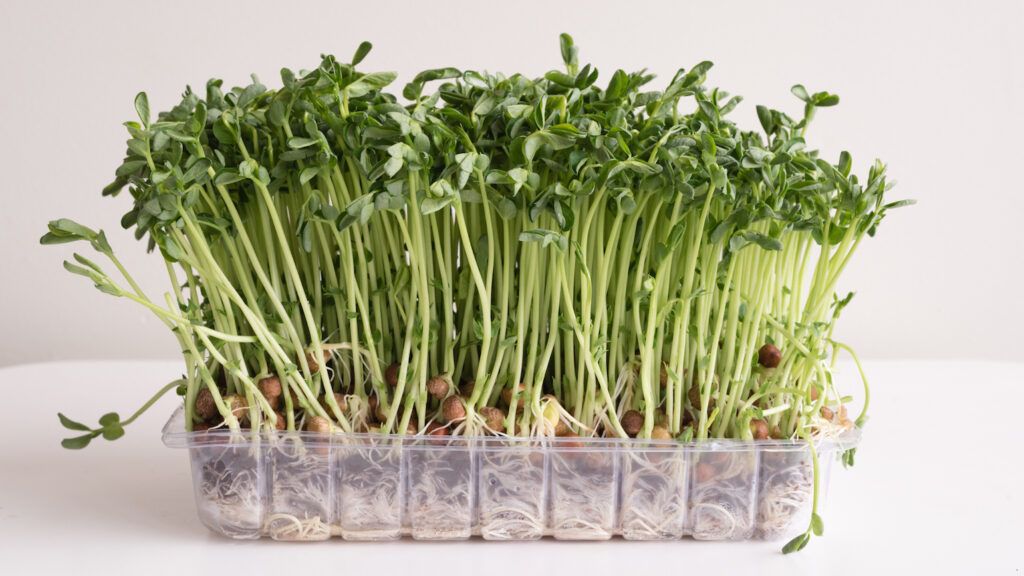Peas are high on my list of the most satisfying plants to grow in the garden. And like with any plant, the story of a pea maps beautifully onto the notion of a life lived with positivity and purpose. This spring, as I tuck pea seeds into the cool, wet earth, I am reflecting on an amusing question—as we walk our positive paths, how can we be the pea?
Peas are one of the first seeds we get to plant in early spring—until they sprout leaves and flowers, pea plants can even handle a frost or two. They are hardy, unafraid to push forward, even when there are risks and challenges that come along with growth.
Unlike the big, juicy performers of the summer vegetable garden, peas actually thrive in cool, moist conditions, so the volatile rain-sun-warm-cool mash-up of late March and early April set them on a course for healthy growth. They are lithe and flexible, taking what they need from any weather condition they might face.
Peas grow in easy-to-see stages, starting as tender shoots poking up from the soil, unfurling into long vines, and sprouting first leaves, then flowers, then pods filled with sweet pops of green flavor. They progress one step at a time, displaying different versions of their full beauty at each stage.
Pea plants are “nitrogen-fixers,” which means that they draw this crucial nutrient from the air and store it in nodules in their roots. This means they actually nourish the soil in which they grow. Peas give back to the earth that enabled them to grow and thrive.
The most important part of this plant is the pea itself, which can find its way into the soil to make more plants, or which can nourish and brighten our dinner plates. Peas protect their most precious component in the safe cradle of a pod.
Can you be the pea?
As we reflect on these amazing plants, I also want to share tips for how to successfully grow peas in your garden:
–Plant peas 4-6 weeks before the last spring frost, when the soil temperature is 45 degrees or higher.
–Soak pea seeds in water for a few hours or overnight to soften the outer husk of the seed and promote germination.
–Work some compost into the soil to enable proper water drainage and high soil nutrition.
–Plant pea seeds close together; they like to grow in a thick row to shade out weeds.
–Plant them one inch below the soil surface.
–Water pea plants deeply once a week, if the soil is dry from lack of rain.
–When your pea plants have died off, let the stalks dry out, then break them up and use them as a straw-like mulch for your other plants. Yet another way pea plants give as well as take….
Be the pea!





